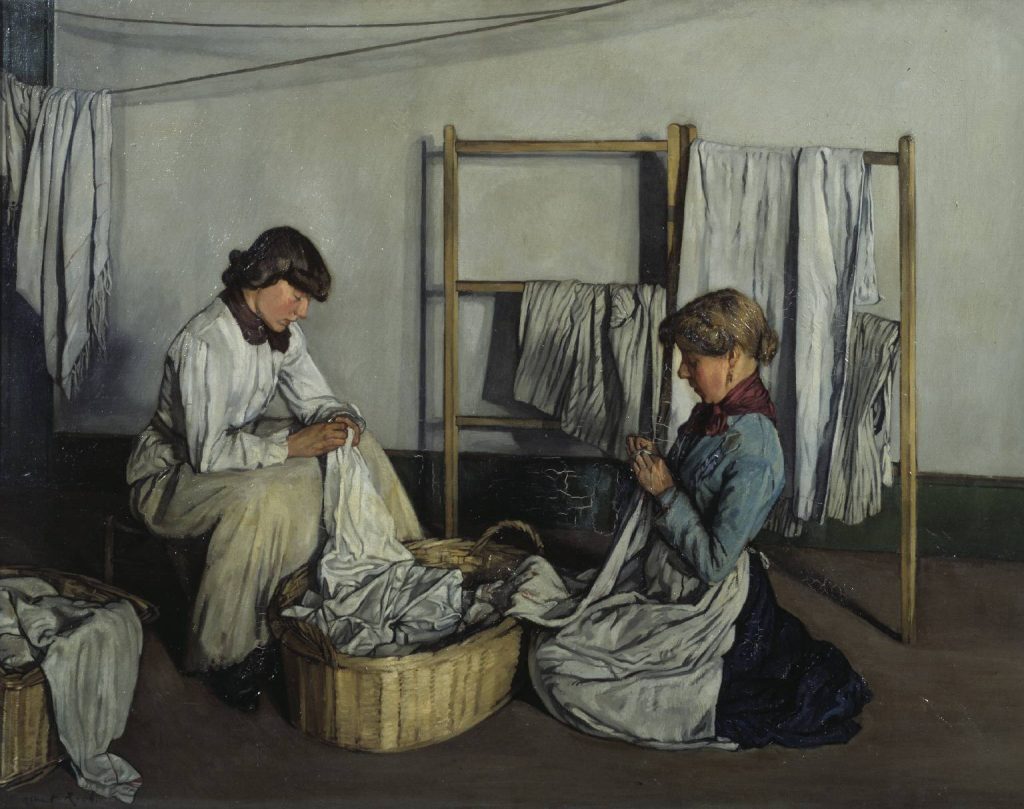Sociability • Friendship
The Forgotten Art of Making Friends
We tend not to pay much attention to the striking fact that most of our friends are acquired at very particular stages of our lives, for example, at secondary school and university, or on long physically demanding trips, or during the early years in a new company or after having just had children.
What these diverse situations have in common is eventfulness. Friendships develop when things are intense, and involve peril, beauty, jeopardy, drama and self-development. We cement friendships when we have to confront the same sadistic teacher who sets us too much homework; when we have to spend all night in the library cramming for an exam that will determine our whole futures, when we need to negotiate a hot and chaotic bus station at the foot of the Andes, when we have to struggle together to make sense of a mysterious office hierarchy or have to figure out how to feed a newborn.
It’s not inherently strange that friendships should spring up under such conditions: these are today’s equivalent of primordial tasks like building shelters, hunting animals and grinding corn together. What’s remarkable and slightly tragic is how badly we have forgotten the importance of activity in trying to generate friendship. We tend to cling to an ironic belief that we need to go out of our way to interact with others in situations that are – essentially – as context-free and event-less as possible.

For example, the favoured locale for the nurture of new friendships tends to be a bar or a restaurant where we can be guaranteed to face no greater shared task than sipping a beer or asking for a bill. The irony doesn’t stop there. What has, in all likelihood, preceded a challenge-free Saturday evening encounter is a rush to get as much done as possible so as to clear time, as we see it, for the higher business of a quiet chat.
We’ve probably strenuously got all the real work out of the way in the preceding hours from a sense that we would otherwise have irreparably damaged our chances of fostering mutual sympathy. We might have spent a whole afternoon doing the laundry, being perplexed by the instructions for a flat-pack bookcase, rushing around the supermarket or dropping in on our much loved but frankly rather difficult mother. We might then talk about our hurdles later in the restaurant but what it rarely occurs to us to do is to actually share these hurdles with our companions in real time.
And yet if we were properly attuned to the preconditions of friendship, we might invite our friends to meet us in the supermarket and take them on a pressured gallop down our shopping list. We’d task them with helping us to find the dishwasher tablets and the paper towels; and they’d reveal to us how they balanced their weekly budget and what kind of chocolate biscuits or nuts they were drawn to. If things were going really well, we might take them home and bond over the laundry. It can be hard to claim to know anyone before we’ve gone through a wash together. However interesting it can be to discuss a prize winning novel, it may be a lot more meaningful to go through a pile of freshly tumble-dried smalls. It can be interesting to discuss how impossible our parents are with a friend over dinner; it is a great deal more effective to take our friend to meet this distinctive mother for a drink so that they can witness her fascinating blend of tenderness and hostility in action.
We’ve got things backwards. We struggle alone with the real but important business of our lives and then carve out a few deeply unrepresentative placid moments in which to survey recent events. In a wiser society, we’d set out deliberately to involve our friends in our challenges and labours. We’d create opportunities to see each other flustered, laughably frustrated or surprisingly resourceful in adversity. We would bond over small shared wars against shopping trollies, Allen keys, wrinkled shirts and awkward family meetings. We don’t need to stop talking to friends, but – if we really want to grow close – we might need, far more than we realise, also to start urgently doing something with them, perhaps starting with some laundry.
























